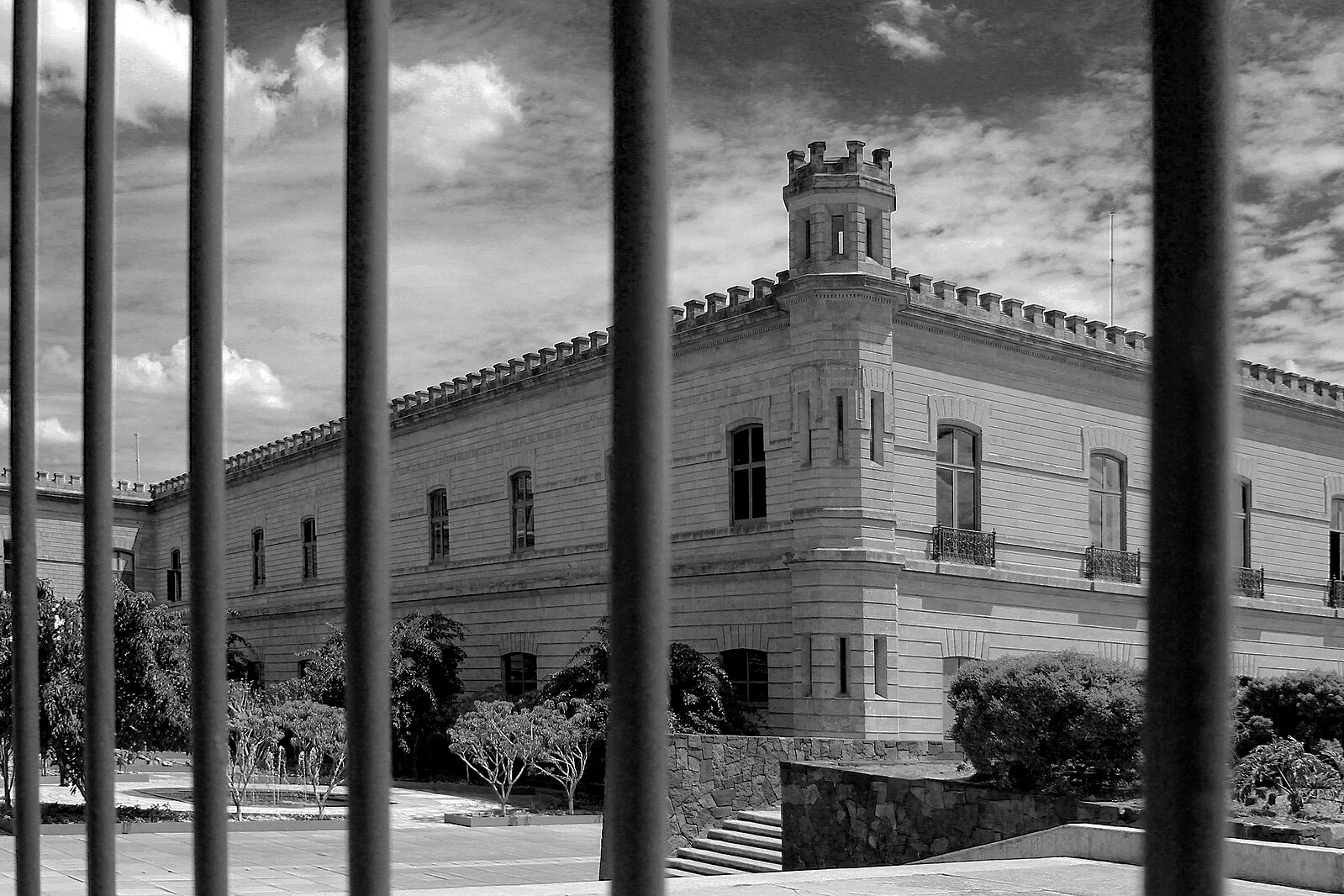“[Poetry] is the one scene where I advance determined, if not precisely ready, to do battle with what an overly cited Jungian described as the anesthetized heart, the heart that…
Site Archives
C.D. Wright in Context, Contemporaries Essays
C.D. Wright in Context, Contemporaries Essays
Deep River Pedagogy
You ready yourselffor the restless transmission. This week: Mr. Wieners.I’ll spread the word. So you turn to supplication,this filial work. Words snaked from the drainon John Street. Wadded, casting for…

Peer Reviewed Articles
Issue 10: The Inaugural Prize Issue, Peer Reviewed Articles
Issue 10: The Inaugural Prize Issue, Peer Reviewed Articles
Issue 10: The Inaugural Prize Issue, Peer Reviewed Articles
Issue 10: The Inaugural Prize Issue, Peer Reviewed Articles
Issue 10: The Inaugural Prize Issue, Peer Reviewed Articles
Issue 10: The Inaugural Prize Issue, Peer Reviewed Articles
Issue 10: The Inaugural Prize Issue